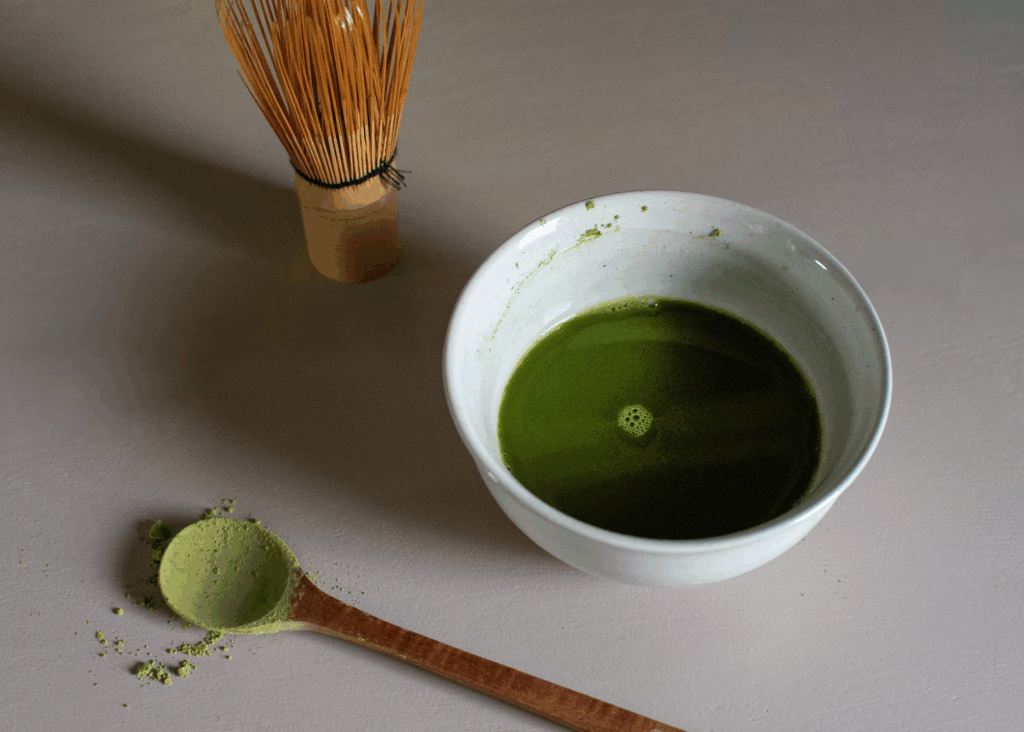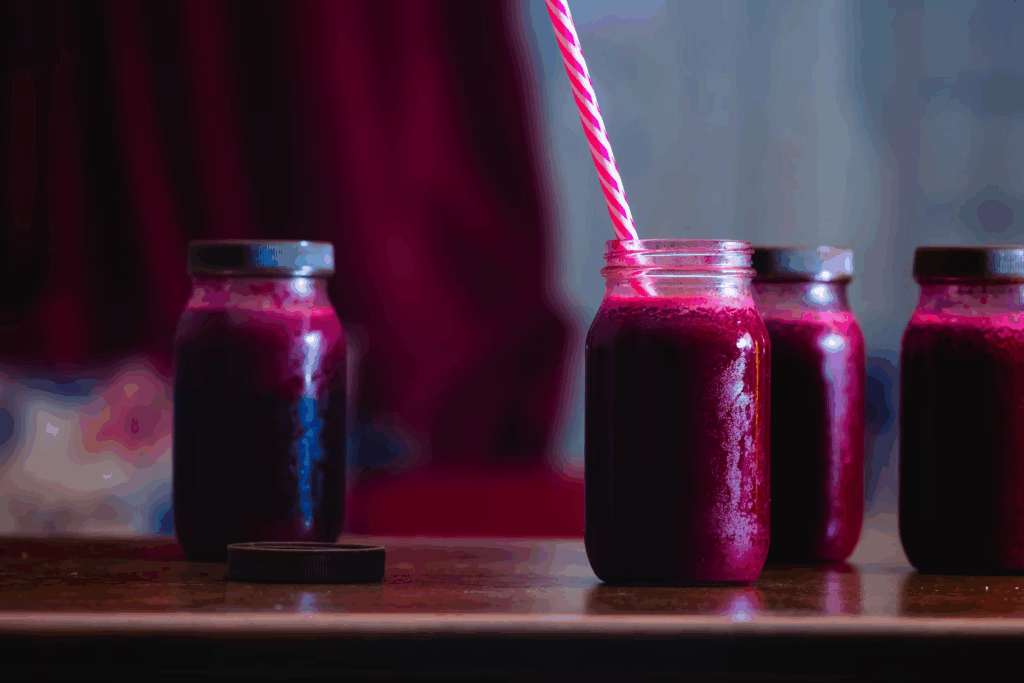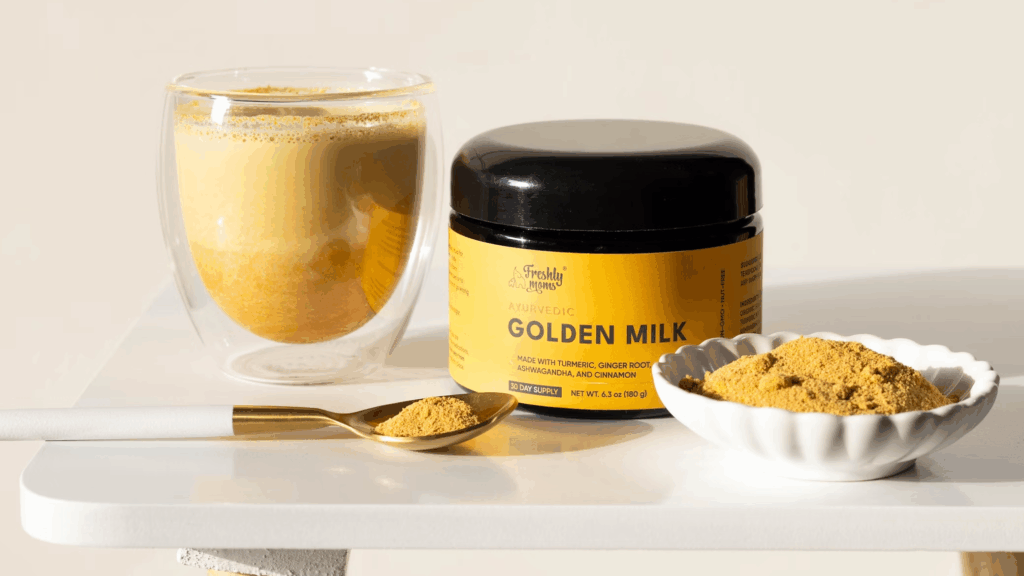For many, caffeine is an essential part of their daily routine, offering a boost of energy and improved focus. However, the side effects of caffeine, such as jitters, anxiety, and sleep disturbances, can make it less ideal for some individuals. Whether you’re trying to cut down on caffeine or simply looking for a healthier option, there are numerous caffeine alternatives that can give you a natural energy boost without the negative side effects. In this article, we will explore 10 healthy caffeine alternatives that provide sustained energy, improve focus, and support overall health.

1. Matcha
Matcha is a powdered form of green tea made from ground tea leaves. Unlike regular green tea, which is steeped and discarded, matcha allows you to consume the whole tea leaf, giving you a higher concentration of antioxidants and other beneficial compounds.
- Benefits: Matcha contains L-theanine, which promotes relaxation without drowsiness, helping you stay alert without the jittery effects of caffeine. It also provides antioxidants, supports metabolism, and boosts mental clarity.
- Application: Matcha can be enjoyed as a tea, in smoothies, or mixed with milk to create a matcha latte.
- Sustainability: Matcha is a sustainable choice, particularly when organic, shade-grown matcha is sourced.

2. Yerba Mate
Yerba mate is a traditional South American beverage made from the leaves of the Ilex paraguariensis plant. It provides a balanced energy boost, offering mental clarity without the crash associated with caffeine.
- Benefits: Yerba mate contains caffeine, but in a smaller amount than coffee. It also provides essential vitamins and minerals like vitamin C, B vitamins, and zinc, which help support energy production and immune function.
- Application: Yerba mate is typically brewed into a tea, but it is also available in bottled beverages and energy drinks.
- Sustainability: When grown sustainably, yerba mate farming has a relatively low environmental impact compared to coffee cultivation.

3. Chai Tea
Chai tea is a spiced Indian tea made from black tea leaves and a blend of aromatic spices like cinnamon, cardamom, ginger, and cloves. While it contains a small amount of caffeine, it provides a gentler, more balanced energy boost compared to coffee.
- Benefits: The spices in chai tea have anti-inflammatory properties, aid digestion, and can help regulate blood sugar levels. The combination of caffeine and spices helps provide a steady, long-lasting energy boost.
- Application: Chai is typically brewed and served as a hot or iced tea, but it is also commonly used to make chai lattes.
- Sustainability: Organic chai blends and fair-trade tea options offer more sustainable choices.

4. Ginseng Tea
Ginseng is an adaptogenic herb that has been used for centuries to help reduce fatigue, improve mental clarity, and boost energy. Ginseng tea is made by infusing ginseng root in hot water.
- Benefits: Ginseng enhances cognitive function, increases stamina, and improves circulation. It has a calming effect on the nervous system, helping to balance energy levels and reduce stress.
- Application: Ginseng tea can be consumed hot or cold and is often mixed with other herbs to enhance its benefits.
- Sustainability: Ginseng is widely grown in Asia and North America, and while it has environmental concerns, sustainable farming practices are becoming more common.

5. Lemon Balm Tea
Lemon balm is an herb from the mint family known for its calming properties. While it does not provide a traditional energy boost like caffeine, it helps improve focus and clarity without making you feel tired or sluggish.
- Benefits: Lemon balm tea promotes relaxation, reduces anxiety, and improves cognitive function. It can also help improve sleep quality, which leads to better energy during the day.
- Application: Lemon balm can be brewed into a tea or added to other herbal teas for a refreshing flavor and calming effects.
- Sustainability: Lemon balm is a hardy, low-maintenance plant that requires minimal resources, making it an eco-friendly choice.

6. Rhodiola Rosea
Rhodiola Rosea is an adaptogen known for its ability to reduce fatigue, enhance physical endurance, and improve mental performance. It has been used in traditional medicine to combat stress and boost energy levels.
- Benefits: Rhodiola helps the body adapt to stress, improves focus, and supports overall vitality. It can also help balance blood sugar levels, making it a great choice for sustained energy.
- Application: Rhodiola is often consumed as a supplement or in herbal teas, and it can also be found in energy drinks or wellness shots.
- Sustainability: Rhodiola grows in cold, mountainous regions and is typically harvested from the wild. Sustainable sourcing is important to preserve wild populations and ecosystems.

7. Coconut Water
Coconut water is a natural beverage extracted from the liquid inside young coconuts. It is rich in electrolytes, particularly potassium and magnesium, which are essential for hydration and energy production.
- Benefits: Coconut water helps replenish lost electrolytes and provides a natural energy boost without the added sugar found in many energy drinks. It also promotes hydration and supports heart health.
- Application: Coconut water can be consumed on its own, added to smoothies, or used as a base for mocktails and post-workout recovery drinks.
- Sustainability: Coconut water is a more sustainable alternative to energy drinks and soda, especially when sourced from organic farms with responsible production practices.

8. Beetroot Juice
Beetroot juice is a popular drink known for its ability to boost stamina and energy levels. It is high in nitrates, which help improve blood flow and oxygen delivery to muscles.
- Benefits: Beetroot juice enhances endurance, supports cardiovascular health, and helps increase energy levels. It’s often used by athletes for improved performance.
- Application: Beetroot juice can be consumed on its own, added to smoothies, or mixed with other juices for a flavorful energy-boosting beverage.
- Sustainability: Beets are easy to grow with minimal resource input, making beetroot juice a more environmentally friendly option compared to other processed energy drinks.

9. Maca Root
Maca root is an adaptogen from the Andes mountains that has been used for centuries to enhance stamina, balance hormones, and increase energy levels.
- Benefits: Maca root improves energy, enhances libido, and helps reduce stress and fatigue. It has been linked to better athletic performance and overall vitality.
- Application: Maca is commonly consumed in powder form and can be added to smoothies, protein shakes, or baked goods.
- Sustainability: Maca is grown in the high-altitude regions of Peru, and sustainable farming practices are critical to preserving its unique growing environment.

10. Turmeric Tea
Turmeric tea, often made with fresh turmeric root or turmeric powder, is a soothing, anti-inflammatory beverage that can provide a natural energy lift without the crash of caffeine.
- Benefits: Turmeric contains curcumin, a powerful antioxidant that helps reduce inflammation, boost immune function, and enhance cognitive function. It’s also believed to support energy levels by reducing fatigue.
- Application: Turmeric tea can be brewed on its own or blended with other spices like ginger and cinnamon to enhance its flavor and health benefits.
- Sustainability: Turmeric is grown in tropical regions and can be cultivated sustainably with minimal environmental impact. Sourcing organic turmeric is a good option for those seeking eco-friendly alternatives.
Sustainability of Healthy Caffeine Alternatives
Many of the healthy caffeine alternatives listed above are more sustainable than traditional caffeinated beverages like coffee and energy drinks. For example:
- Matcha and yerba mate are grown in regions that use less water and land than coffee, and they are often produced using organic and eco-friendly farming methods.
- Beetroot juice and coconut water have relatively low environmental impacts compared to energy drinks and sodas, which require significant amounts of water and plastic packaging.
By opting for healthy caffeine alternatives, consumers can enjoy their favorite beverages while minimizing their environmental impact.
Challenges in Adopting Healthy Caffeine Alternatives
Despite their benefits, there are a few challenges to incorporating healthy caffeine alternatives into your routine:
- Taste Preferences: Some alternatives, such as beetroot juice or maca root, may have strong or earthy flavors that aren’t appealing to everyone.
- Gradual Energy Boost: Unlike coffee or traditional energy drinks, many of these alternatives provide a slower, more sustained energy boost. This can be an adjustment for individuals who are used to the quick lift from caffeine.
- Availability: Some of these alternatives may not be readily available in all regions, especially fresh ingredients like turmeric root or maca powder.
If you’re looking to reduce your caffeine intake or simply explore healthier caffeine alternatives, there are plenty of options to choose from. From matcha and yerba mate to turmeric tea and beetroot juice, these alternatives provide energy-boosting benefits without the jitters or crashes associated with caffeine.
While challenges like taste preferences, gradual energy effects, and availability remain, the growing interest in wellness and sustainability means that these alternatives are becoming more accessible and popular. With so many delicious and nutritious options available, it’s never been easier to find a healthy energy booster that works for you.






